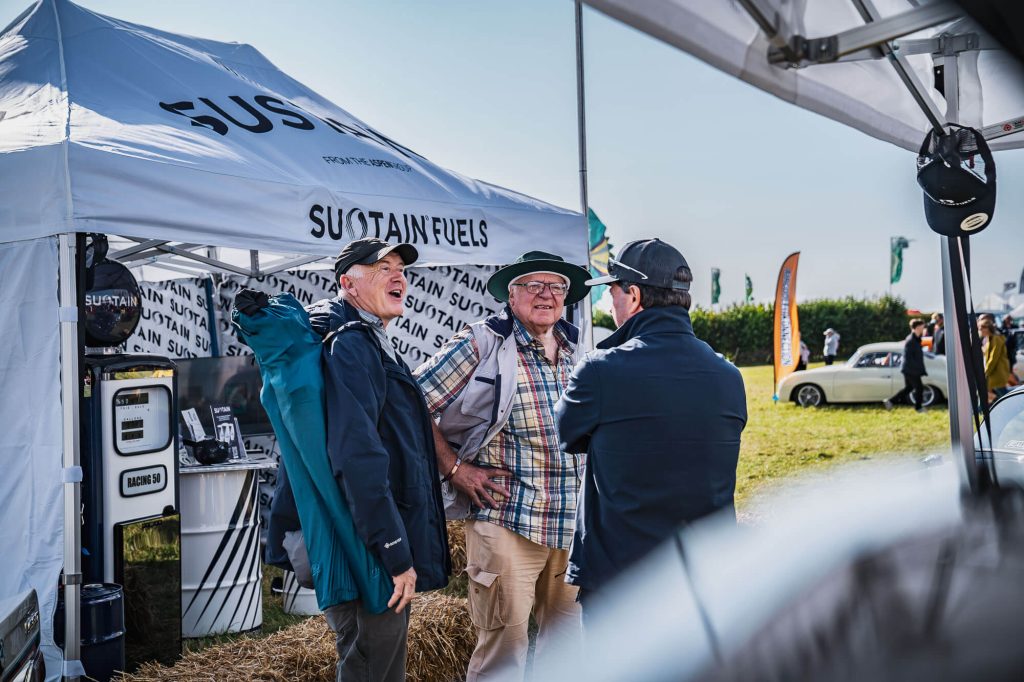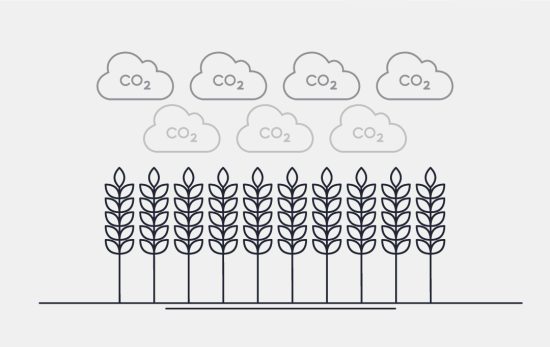Over half of Brits (54%) are prepared to pay more for certain environmentally friendly products, according to new research.
When asked specifically about which items people would pay a price premium for due to their ‘greener’ nature, clothing made with recycled materials and green electricity marginally topped the bill, with transportation following.
The research, which saw sustainable fuel brand SUSTAIN survey over 2,000 members of the public, also revealed that one third of people (33%) feel there is nothing they would be prepared to pay more for due to environmental benefits.
The primary things people were prepared to pay more for, to ensure a more environmentally friendly option, were:
- Clothes containing recycled materials – 19%
- Green electricity – 18%
- Greener vehicle – 17%
- Sustainable fuel – 17%
- Green home heating system – 16%
- Greener public transport – 16%
- Greener plane journeys – 15%
- Homewares made with recycled materials – 15%
- Greener boat journeys – 8%
Women were less likely than men to be willing to pay more for any ‘green’ item – other than sustainable clothing, where the balance tipped slightly.
Those aged 45 and over are also far less likely to be willing to pay more for green items than younger generations. Whilst 40% of 45-54s, rising to 48% of those aged 55+, said they wouldn’t be willing to pay more for anything specifically because it was greener, that figure dropped to just 8% of 18-24s and 20% of 25-34s.

The research was conducted by SUSTAIN, which was the first publicly available sustainable fuel in the UK. David Richardson, a director at Coryton, the company behind SUSTAIN, said: “There is no way to get around the fact that sometimes sustainable options are more expensive. We have to face that head-on and address it as best we can. For example, our sustainable fuels do come at a premium because the processes are not scaled to the same level as fossil fuels – which has a 150-year head start! But even at prices which can be three times that of fossil, we have growing support from motorists keen to use it. Prices can and will come down with the right support and if the appetite is there in the market.
“Sustainable fuels are ready now, and could be helping to reduce the greenhouse emissions from the more than 30 million internal combustion engine cars currently on our roads. But it’s a chicken and egg situation. The government needs to do more to support sustainable fuels – they’re taxed at the same level as fossil and have none of the financial breaks afforded to EVs, which seems odd. After all, green technologies don’t have to be fighting against each other, EVs and sustainable fuel have different roles to play, so why can’t both be supported to help us achieve our overall climate goals?”

The SUSTAIN research also tracked regional differences in opinion.
The five cities most likely to pay more for environmentally friendly items were revealed to be:
- Brighton – 27%
- London – 29%
- Bristol – 30%
- Edinburgh – 31%
- Belfast – 31%
The five cities least likely to pay more for environmentally friendly items are:
- Norwich – 45%
- Glasgow – 43%
- Liverpool – 38%
- Sheffield – 38%
- Manchester – 36%
SUSTAIN fuel blends include second generation biowaste, such as straw, agricultural by-products or waste from crops which wouldn’t be used for consumption. Educational resources around sustainable fuels are available on SUSTAIN’s education hub.



